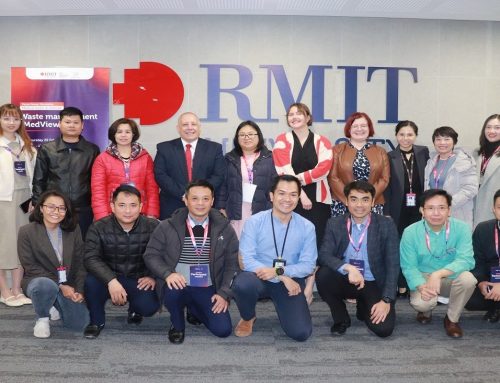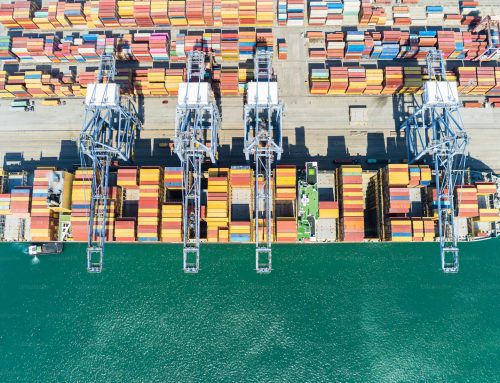11.05.2020
By Joseph Sarkis, PhD, Professor at Foisie School of Business, Worcester Polytechnic Institute, USA and HUMLOG International Research Fellow at Hanken School of Economics, Finland & Gyöngyi Kovács, Erkko Professor in Humanitarian Logistics, Hanken.
The COVID-19 pandemic has caused devastation to people’s health, safety, and livelihoods. It has also caused our supply chains to be reevaluated. The concerns are pervasive and supply chain fragilities became conspicuous.
These concerns have caused supply chain and logistics academics and practitioners to evaluate the situation and provide insights into potential solutions. These efforts are early at the writing of this blog and will likely continue for years; with significant uncertainties persevering.
We felt an urgent need for sensemaking in our supply chain community. But, we could not turn to conferences and face-to-face meetings.
Thus, a small concerned group of the community sponsored an open forum on “An Action Agenda for Effective Post-COVID-19 Supply Chains” a YouTube video recording exists for this event here.
With over 500 international registrants and about virtual 300 participants on Zoom and YouTube livestreaming – the discussion was lively, concerned, and compelling.
The session – moderated by Christine Harland – began with three ‘conversation starters’ including thoughts by Lisa Ellram, Barbara Flynn, and Gyöngyi Kovács. Discussion commenced amongst the 300 international participants with a variety of perspectives voiced.
How supply chains can learn from humanitarian logistics became an important thread of discussion. We highlight some points here.
Preparedness pays off. The more prepared the supply chain – better trained, with pre-positioned stock, kits, and collaboration mechanisms – the quicker and more cost-effective it is for pandemic response.
No need to reinvent the – procurement and production – wheel. Medical supply chains are highly regulated. There are set quality expectations, technical specifications, drug lists, and standards even for COVID-19. These characteristics are publicly available on the WHO – World Health Organization –websites and also regularly updated. Having updated knowledge of these requirements will save significant energy and improve response and resilience.
Package interdependencies. Most medical items require supporting materials to be administered. Materials include syringes for vaccines, swabs for tests, and personal protective equipment. In the humanitarian world, inter-agency health kits ensure that kits follow the same standards and packing lists regardless of organisation. Knowing these interdependencies and managing them appropriately with planned kitting can save time and lives.
Logistics is an essential industry. Whether it comes to medical deliveries or groceries in the last mile, in a pandemic, the importance of last mile logistics is enhanced. Careful planning can save lives and provide for a better quality of life overall. This important aspect of logistics as become even more evident and essential given the crisis.
A global pandemic needs a unified global response. Bullwhipping, panic buying, export bans, travel bans, speculative pricing, only induce further disturbances in the supply chain, and typically backfire. Stability and flexibility in policy is needed; if not, then global supply chains require a bit more adaptability to be built into the system to attend to these shocks.
The HUMLOG Institute leads an EU project on the COVID-19 response. For more info, see project HERoS at https://www.hanken.fi/en/departments-and-centres/department-marketing/humlog/research-projects/ongoing-projects/health




